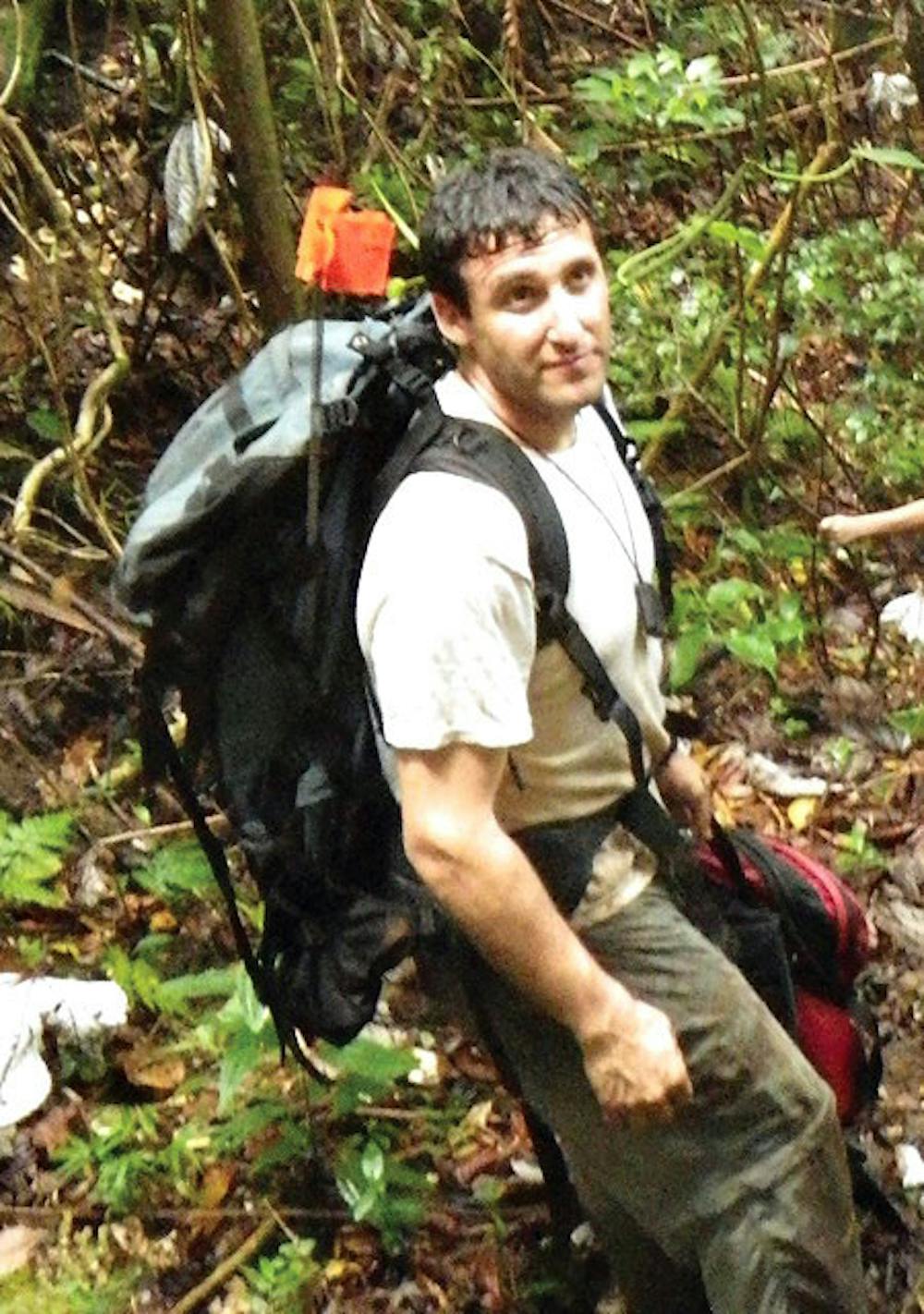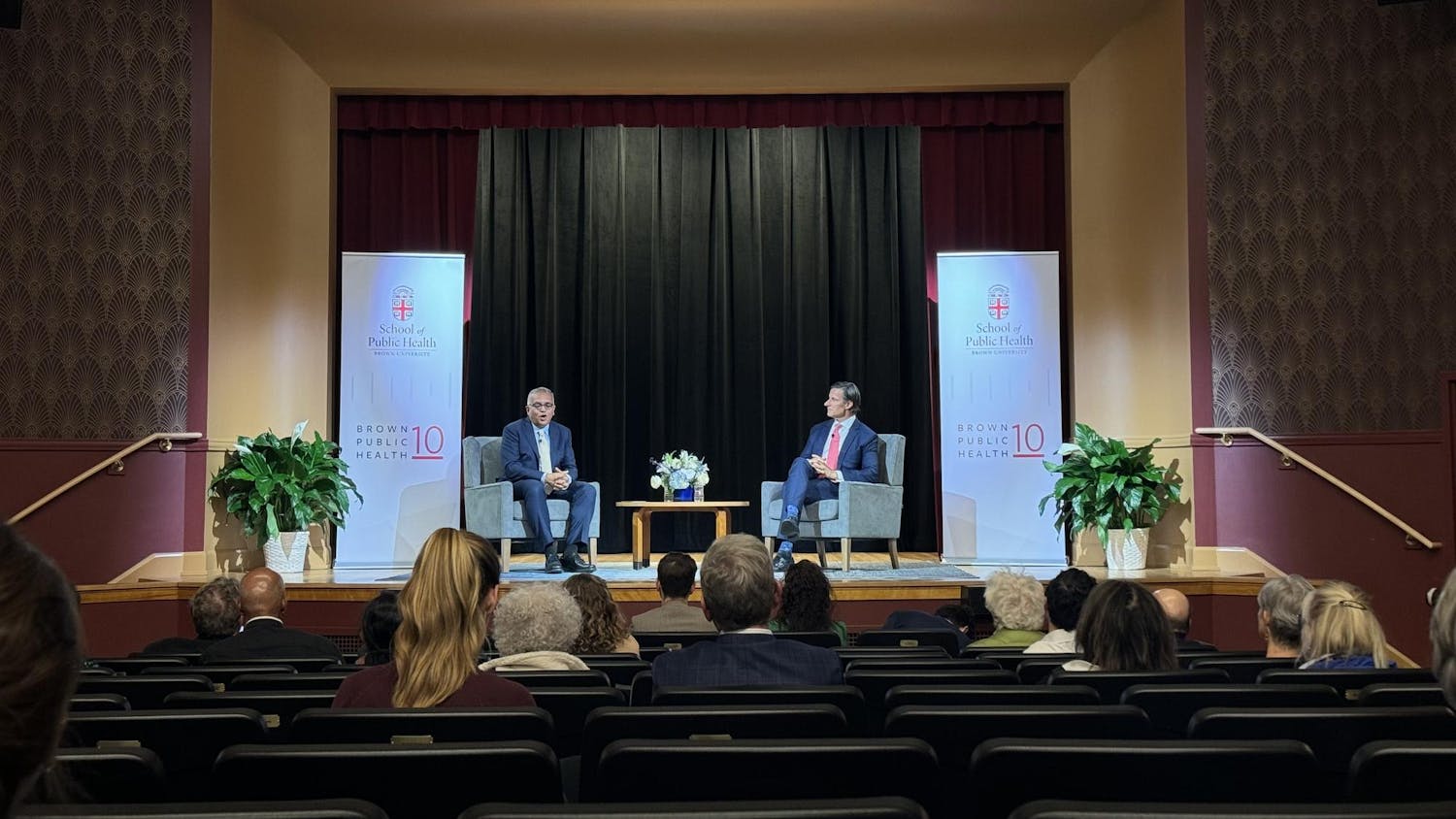Assistant Professor of Biology Stephen Porder was awarded the Leopold Leadership Fellowship, which aims to train environmental scientists to share research with the general public and policymakers in order to effect positive change. Porder received the fellowship last week.
“I think (Porder) sees it as one of his missions as a professor to educate the general public and the people who will be leaders not only in science, but the general student who goes on to do great things in other fields,” said Shelby Riskin GS, who previously worked as a graduate student in Porder’s lab.
The Leopold Leadership Program was founded by a group of past presidents of the Ecological Society of America in 1998, said Pam Sturner, executive director of the program. The ecologists created the initiative because they felt the science used by policymakers when making environmental decisions was not up to date with university research, she said.
Fellows will travel to Wisconsin this summer for an intensive week of leadership training, Sturner said. Recent fellows have also used their training to engage with local and global non-governmental organizations and small businesses through learning how to speak to the media, congressional representatives and federal agencies, she added.
During the training week, fellows will form a yearlong action plan to apply what they learn, Sturner said.
The program builds a community of scientists interested in using their scholarship and research to promote actual change, according to its website.
“I’m excited to plug into that network,” Porder said.
Porder’s lab studies the development of tropical forests and the environmental consequences of converting them to industrial-sized farms, he said.
“Global environmental change represents the single biggest challenge to humans in the 21st century,” Porder said, adding that people must prioritize environmental sustainability.
“Environmental questions that are most pertinent now are very complicated and require a level of scientific understanding that many people do not have,” Porder said. But many scientists are hesitant to share their research with the general public, in part because public outreach is not emphasized in the tenure process at most universities, he added. “What counts is grant dollars and peer-reviewed publication.”
Another challenge for researchers trying to take public action lies in the concept of a scientist as an “impartial arbiter” of data, Porder said, adding that researchers’ work is often criticized when they act as advocates for particular causes.
Scientists are not always comfortable speaking to the public, he said, adding that “it’s not what we’re trained to do.” He is excited to improve his own scientific communication skills through the fellowship, he said.
Citizens must also take it upon themselves to become scientifically literate, Porder said, calling scientific literacy the “pathway to enlightened citizenship in this century.”

A previous version of this article incorrectly stated that during their training in Wisconsin, fellows will learn how to speak to the media, congressional representatives and federal agencies. In fact, fellows will travel to Wisconsin this summer for an intense week of leadership and communications training. Recent fellows have used their training to engage with media, congressional representatives, federal agencies, local and global non-governmental organizations and small businesses. The Herald regrets the error.
ADVERTISEMENT




